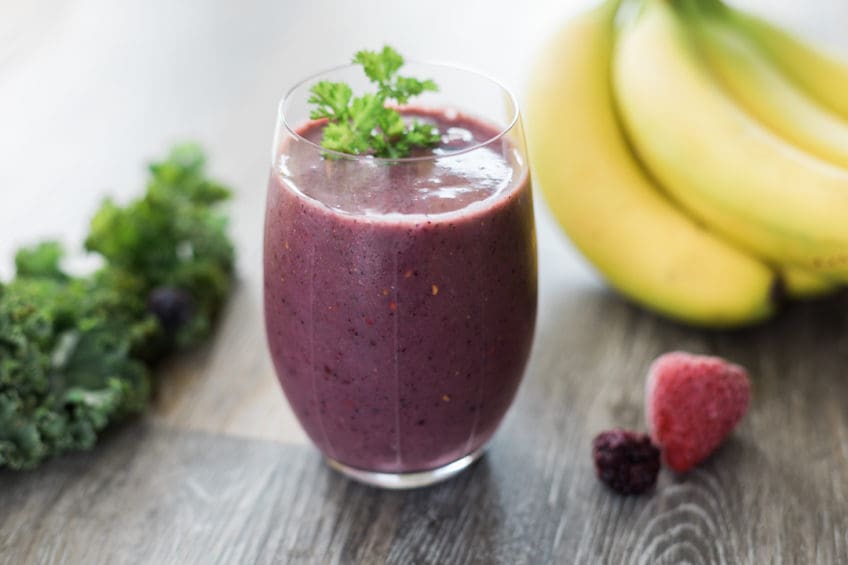Sports Nutrition: All About Protein
Whether you’re an elite athlete or a recreational athlete, the reality is if you have a goal, your workouts have been tailored to your needs, and your body will be taking on a variety of training loads to improve any of the following: body composition, muscular strength, power, speed, endurance, hypertrophy or any combination these training outcomes.
In the busy lives of athletes, the question of nutrient timing specific to protein is always in question. Does this truly matter? A recent literature review published in the Journal of Orthopaedic & Sports Physical Therapy by Brad Schoenfeld and Alan Aragon, “Is There a Post-workout Anabolic Window of Opportunity for Nutrient Consumption? Clearing up Controversies”, offered clarity upon this often-pondered question.
Here are a few takeaways:
- Hit your 24 HR targets! The timing in and of itself takes a backseat to simply hitting daily totals. That target is 1.6-2.2 g/kg. The range allows wiggle room for athletes dependent on their sport at hand – ex. Endurance athletes opt for the lower end to allow room for carbohydrate intake to fuel their highly glycolytic demanding sports. They simply need more room for carbohydrates!
- Think, if you sleep for 8 HRs, this gives you 16 HRs to hit your 1.6-2.2 g/kg target à split this over 4 feedings and you are looking at a meal every 4 HRs which equates to 0.4-0.55 g/kg per feed. For a 200 LB athlete, this ranges from ~35-50 grams of protein at each of the following meals:
- Meal 1 (Breakfast)
- Meal 2 (Lunch)
- Meal 3 (Snack)
- Meal 4 (Dinner)
- Think, if you sleep for 8 HRs, this gives you 16 HRs to hit your 1.6-2.2 g/kg target à split this over 4 feedings and you are looking at a meal every 4 HRs which equates to 0.4-0.55 g/kg per feed. For a 200 LB athlete, this ranges from ~35-50 grams of protein at each of the following meals:
- 6 HR Priming Period: The anabolic effects of a meal – given protein target is hit – lasts up to 6 HRS. Ex. If you’ve eaten 1-4 hours within a training session, consuming protein immediately after won’t provide you added benefits. But….
- Training fasted: Especially for those training bright and early, hitting your recovery protein shake is key to maximizing the return of your workout.
- Training Load: if training load and stimulus has been achieved – the body will be primed for growth for at least 24 HRs – the work doesn’t stop after training stops! Nutrition gives the body the building blocks to rebuild after each workout.
This is just a start! When we work to build nutrition programs for athletes, we must consider tolerance, volume, and overall palatability of their feedings. The combination of these factors created from individualized input and feedback is key to ensuring the success of training is maximize year-round!
By Ricky Ng, Registered Dietitian (Nutritionist), CSSD, IOC, ISAK 1

